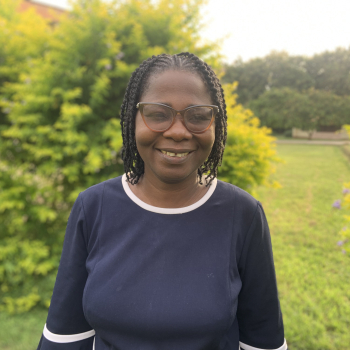Predictive probabilities of access to clean cooking: evidence from the demographic and health surveys in 31 countries in sub-Saharan Africa

| +233 207115673 | |
| fenyieku@uew.edu.gh |
Predictive probabilities of access to clean cooking: evidence from the demographic and health surveys in 31 countries in sub-Saharan Africa
Access to clean cooking fuels is critical for human health and features, prominently in the UN SustainableDevelopment Goals. However, our understanding ofthe probabilities of access to clean cooking across sub-Saharan Africa (SSA) is emergent. A pooled regression analysis of the compositional and contextual factorsthat cumulatively influence access to clean cooking fuels in 31 SSA countries, between 2010 and 2016, wascarried out. Household access to clean cooking fuels across the 31 countries was just 10%. Access of urbanhouseholds to clean cooking fuels was 26% and it was 2% for rural households. Higher probabilities of accesswere observed for households that were rich and highly educated compared with households that were eitherrich but with low education or poor but highly educated. Middle households with heads educated to secondarylevel or higher in both urban and rural areas almost have the same chance with the rich households withuneducated heads or educated to primary level regarding access to clean cooking fuels. The average probabilityof poor households with heads educated to secondary level or higher is twice that of poor households withuneducated heads or educated to primary level. The average probability of access to clean cooking of richhouseholds with heads educated to secondary or higher level is ten times higher than for poor households withuneducated heads. These findings are mediated and attenuated by compositional and contextual factors, givingcredence to the fact that the challenge of access to clean cooking fuels in SSA is multifaceted and requiresinterdisciplinary research and policy interventions encompassing health, environment, culture, and economics.
